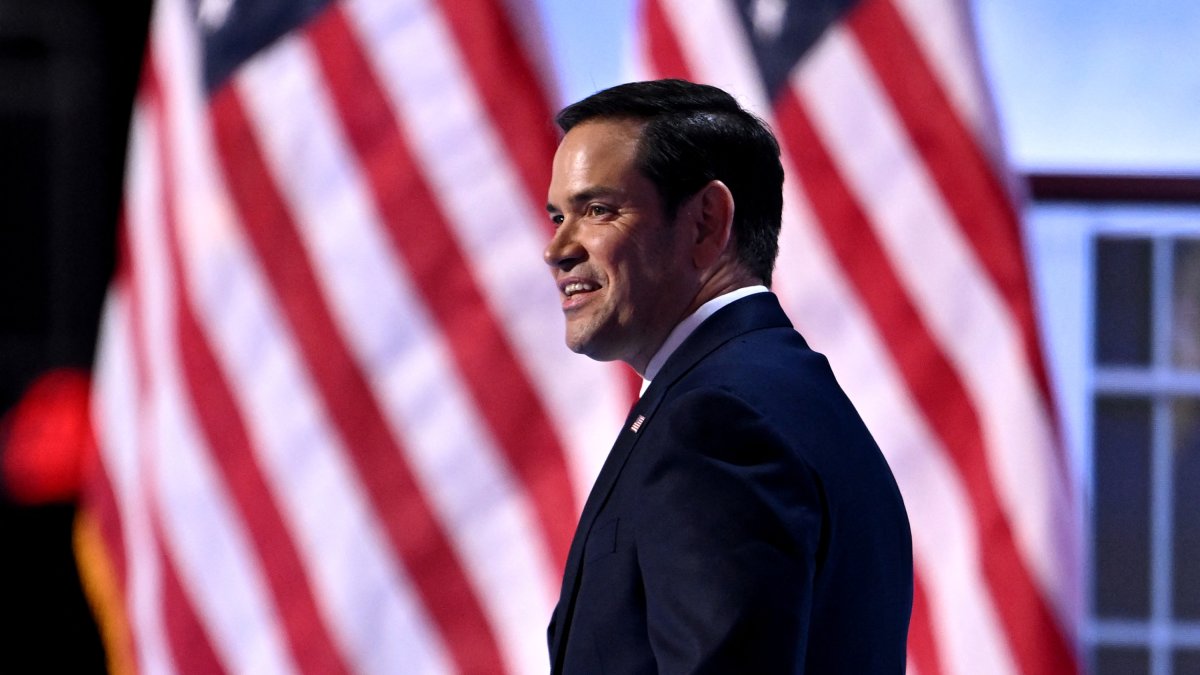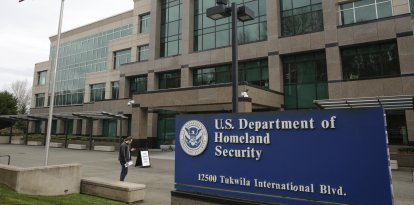Washington welcomes Panama's decision not to renew its agreement with China regarding canal
José Raúl Mulino announced that his government will let the memorandum of understanding signed in 2017 with China expire.

Rubio traveled abroad for the first time as Secretary of State/ Patrick t. Fallonn
Panama made a key foreign policy decision by opting not to renew its participation in the new Silk Road, the global infrastructure initiative promoted by China. The move comes in response to Washington's growing concerns about China's influence in the region, especially in ports near the Panama Canal and its possible impact on security.
After meeting with US Secretary of State Marco Rubio, Panamanian President José Raúl Mulino announced that his government will let the memorandum of understanding signed in 2017 with China expire and even evaluate its early termination. Rubio called the measure a "great step forward" in the bilateral relationship, highlighting that it strengthens cooperation with the US and limits Beijing's interference in the region.
Tension over control of the canal
The issue of control of the Panama Canal has been a point of friction with the United States since the arrival of Donald Trump to the White House. In this context, Rubio presented an ultimatum to Panama regarding the Chinese presence in the interoceanic waterway, warning that Beijing's influence violates "a treaty that led the United States to hand over the waterway to Panama" and demanded that "permanent neutrality" be maintained in the canal, a key condition established in the 1999 agreement.
Following that conversation, the Panamanian president yielded to pressures from Washington. Nevertheless, Mulino insisted that Panama's sovereignty over the canal is not under discussion, reaffirming that the administration of the strategic waterway remains the exclusive responsibility of his country.
Strengthening of migratory cooperation
In addition to the canal, the migration crisis was another of the central topics in the meeting between Mulino and Rubio. The Secretary of State witnessed a deportation flight with 43 migrants from Panama to Colombia, as part of efforts to stem the flow of people crossing the Darien Gap to the US.
Washington has allocated close to 2.7 million dollars to support these flights, with the aim of stemming the flow of migrants to their country.
Mulino also highlighted that his government has intensified migration controls, which has led to a 90% reduction in the number of irregular crossings through the Darien compared to the previous year. Panama has been one of the most cooperative countries in returning migrants, unlike Colombia, which recently faced sanctions for refusing to accept deportation flights from the US.
Rubio expands agenda in Central America
Following his visit to Panama, Rubio will travel to El Salvador to meet with President Nayib Bukele to address migration and security issues. In addition, he announced that he will assume the role of acting administrator of the US Agency for International Development (USAID), marking a key step in the restructuring of foreign assistance under the Trump administration.


























